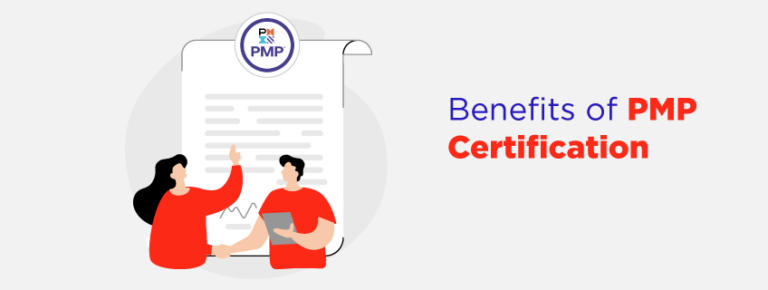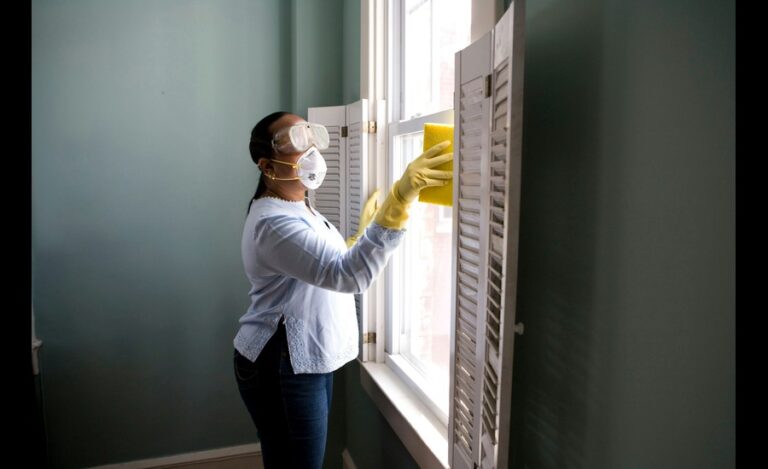Are Silicone Molds Safe to Use?
Silicone molds have become a popular choice for various crafts, baking, and soap-making. Their flexibility and ease of use raise the question: Are silicone molds safe to use? In this blog, we’ll dive into the safety of silicone molds and provide guidance on how to use and maintain them properly.
Understanding Silicone Molds
Silicone molds are made from silicone rubber, a material known for its flexibility and durability. They are commonly used in soap making, baking, and other crafts due to their non-stick properties and ability to withstand high temperatures. Their popularity stems from their versatility and ease of use.
Composition and Quality of Silicone Molds
Food-Grade vs. Non-Food-Grade Silicone
Silicone molds are available in both food-grade and non-food-grade versions. Food-grade silicone is designed for direct contact with food, ensuring it is non-toxic and safe. It is free from harmful chemicals like BPA, phthalates, and other substances that can leach into food or products. Non-food-grade silicone, on the other hand, may not meet these safety standards and is generally used for non-consumable applications.
Key Characteristics of High-Quality Silicone Molds
High-quality silicone molds are made from pure, food-grade silicone and offer several key characteristics:
- Flexibility: Allows for easy removal of items from the mold.
- Durability: Resistant to cracking, warping, or breaking.
- Heat Resistance: Can withstand high temperatures without degrading.
Safety Concerns and Considerations
Non-Toxic Nature
Silicone is widely regarded as non-toxic. It does not leach harmful chemicals into food or products, making it a safe choice for various applications. Unlike some plastics, silicone does not contain harmful additives or chemicals.
Heat Resistance
Silicone molds are designed to handle high temperatures, typically up to 220°C (428°F). This makes them suitable for baking and other heat-related processes. Always follow the manufacturer’s recommendations for temperature limits to ensure safety.
Chemical Leaching
Concerns about silicone leaching chemicals are largely unfounded. Food-grade silicone has been tested and proven to be safe under normal conditions. It does not release chemicals into food or products, ensuring that your creations remain uncontaminated.
Proper Use and Maintenance
How to Use Silicone Molds Safely
To ensure safe use of silicone molds, follow these guidelines:
- Avoid Direct Contact with Sharp Objects: Use wooden or plastic utensils to prevent damage to the mold.
- Follow Temperature Limits: Adhere to the recommended temperature limits to avoid degrading the silicone.
Cleaning and Maintenance Tips
Silicone molds are easy to clean and maintain. Here’s how:
- Cleaning: Wash with warm, soapy water and a soft sponge. Silicone molds are also dishwasher safe.
- Storage: Store in a cool, dry place away from direct sunlight. Avoid folding or bending the molds excessively to maintain their shape.
For those interested in high-quality silicone molds for soap making, explore a variety of options available as silicon soap molds.
Potential Risks and How to Avoid Them
While silicone molds are generally safe, it’s essential to avoid low-quality products that may not meet safety standards. Always choose silicone molds from reputable manufacturers and follow usage and care instructions to minimize any risks.
Real-Life Examples and Expert Opinions
Many users and experts have praised silicone molds for their safety and convenience. Testimonials highlight their ease of use and durability. Experts confirm that high-quality silicone molds are a reliable choice for various applications.
Conclusion
Silicone molds offer a safe and versatile option for crafting, baking, and soap making. Their non-toxic nature, heat resistance, and ease of maintenance make them an excellent choice for many users. By following proper usage and care instructions, you can enjoy the benefits of silicone molds with peace of mind.





